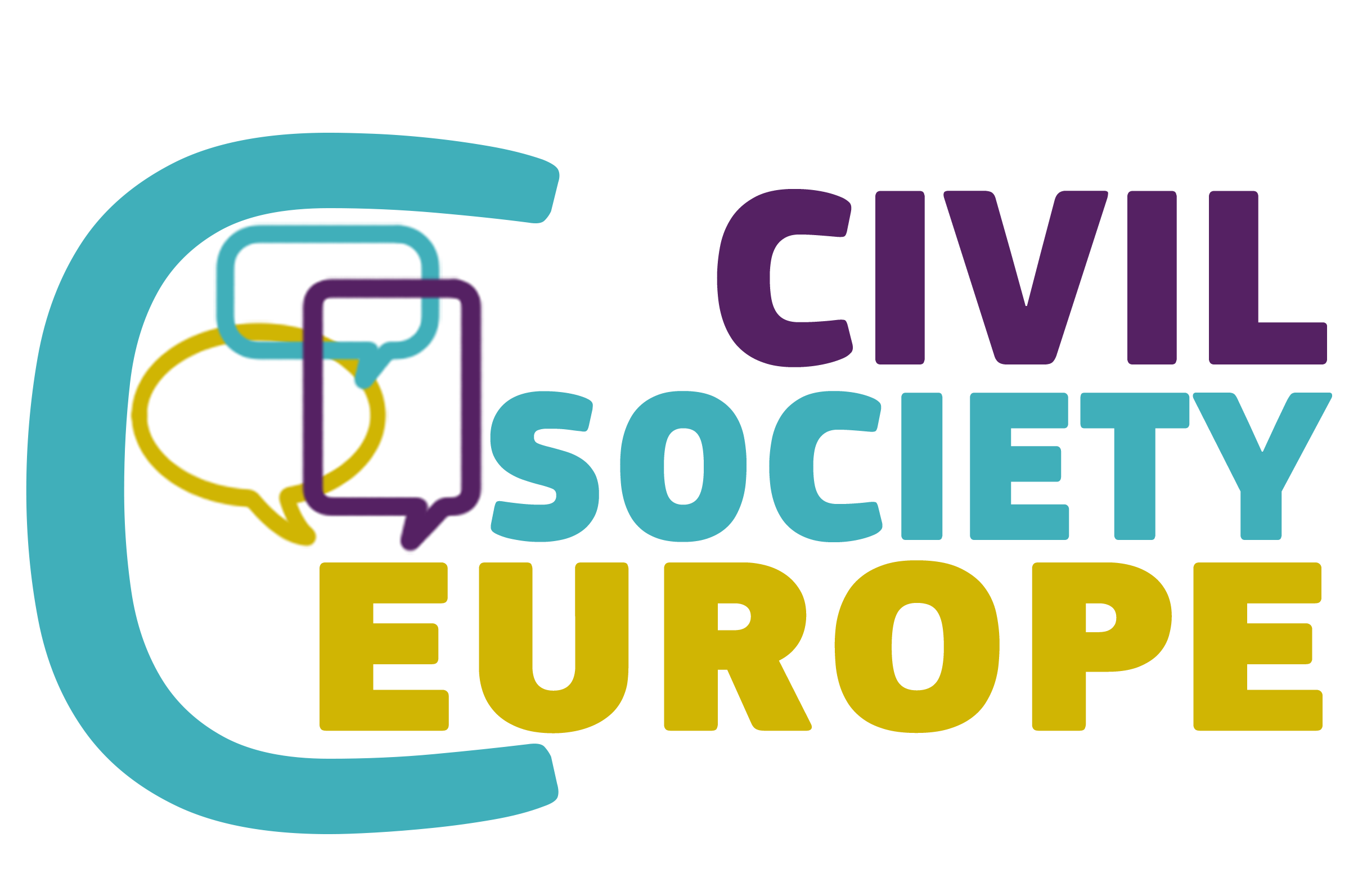Civil Society Europe and Philea contributed to the EU call for evidence on the Defence of Democracy Package. We welcome the proposal as a potential important contribution to enhancing democratic participation, protection, resilience, and recognition of civil society organisations. We believe that to be effective such a package should fill the gaps in the current European Democracy Action Plan by developing a coherent and strategic approach to civil society. We would like to highlight in this context the conclusions of the Conference of the Future of Europe that called for a Civil Society Strategy in the framework of the European Democracy Action Plan (EDAP) revision. Civil Society should be recognised as the cornerstone of democracy, and benefit from a separate pillar in the EDAP next to election integrity, media pluralism and fight against disinformation.
We have therefore included in our submission several concrete proposals aiming at building resilience and empowering civil society as part of the fourth pillar of the EDAP, and more particularlyon the protection, participation and funding of civil society.
We also take note of the intention of the Commission to be fully consistent with the rule of law report and fully compliant with the Charter of Fundamental Rights in preparing its proposal. However, we are highly concerned that despite the sensitivity of the measures to address covert foreign interference in EU democracies, and its influence on public decision-making to freedom of expression, association and assembly, the package will not undergo a proper impact assessment. We also understand that despite the ongoing public consultation a draft proposal for legislation (directive) is already being drafted, depriving civil society and citizens of meaningful input into the consultation process for such an instrument, its framework, and of the choice of legal instrument. This is also a practice in violation of article 6(4) of the Aarhus Convention to provide for public participation when “all options are open”.
Although the information in the call for evidence does not go into detail, we understand that the draft legislative proposal would lead to the creation of a specific register for NGOs and other actors that receive foreign funding. We are seriously concerned that such an approach is contrary to core European values, freedoms and fundamental rights. There is a strong risk of creating a contradictory response between tackling rule of law and civic space challenges and the development of measures which aim to address undue foreign interference, as these measures could have unintended consequences on fundamental rights and
the ability of civil society actors to counter foreign interference.
We call the European Commission:
1) to include a separate pillar in the European Democracy Action Plan on building resilience and empowering civil society next to election integrity, media pluralism and fight against disinformation to give substance to the implementation of Art. 11.2 of the Treaty of the EU in the Defence of
Democracy package. It should include a clear commitment to develop a European policy framework for European civil dialogue, on equal footing with social dialogue, as well as clear wording and standards in its recommendations on civic engagement.
2) to establish a protection mechanism to allow civil society to report on attacks and receive direct assistance which will strengthen its ability to defend democracy.
3) Review relevant EU budget in dialogue with civil society, ensuring that it provides support to ensure sustainability of civil society organisations.
4) Support the capacities of civil society organisations to monitor the use of EU funds and detect potential abuse of these funds.
5) Remove regulatory and fiscal obstacles to access to funding and donations including across borders.
6) Promote civic education at all levels.
7) to reconsider proposing a directive on covert foreign interference as described in the call for evidence, and ensure that whatever proposal is in line with international human rights standards, the CJEU ruling (C-78/18) and European council conclusions on civic space.
8) Remove administrative and legal barriers for CSOs including foundations to operate across-border.
9) Address equality, inclusiveness, representativity and transparency of elections. This includes the right to vote for all people living in the EU, including persons with disabilities, prisoners, refugees, asylum seekers, and other marginalised groups.
10) Develop election observation missions in the EU and support fact checking civil society organisations in tackling disinformation.
Please find our concrete proposals here: Joint Civil Society Contribution to the Defence of Democracy Package


